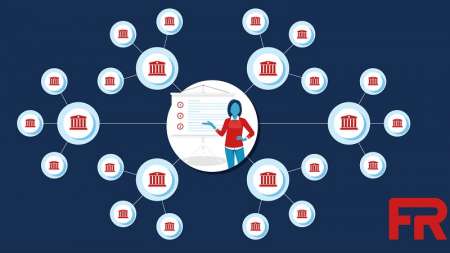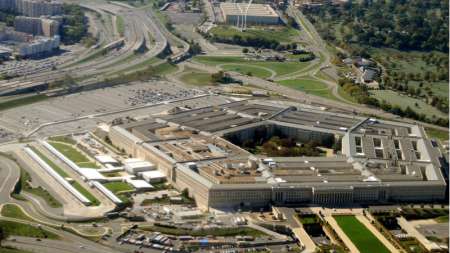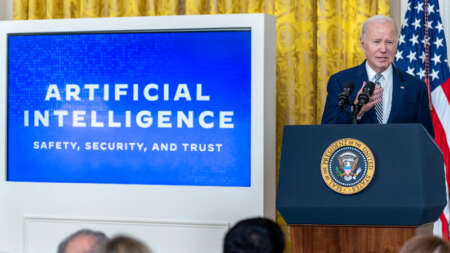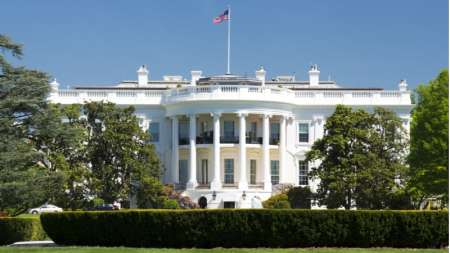The Information Technology Industry Council trade group is offering a slew of technology policy recommendations to the incoming Trump-Vance administration and its Department of Government Efficiency (DOGE), including modernizing legacy Federal IT systems and adopting a risk-based approach to AI technology. […]
The Biden-Harris administration released its artificial intelligence (AI) executive order (EO) at the end of 2023, but most of the work to implement the directive took place in 2024. As MeriTalk reflects on the past year – and looks toward the future of Federal IT work during the Trump-Vance administration in 2025 and beyond – AI is positioned to make impactful strides across agencies, policy, and defense. […]
The General Services Administration’s (GSA) Federal Risk and Authorization Management Program (FedRAMP) is exploring creating a new funding source by potentially charging cloud providers as part of their efforts to go through the FedRAMP process. […]
The Department of Defense (DoD) Cyber Crime Center (DC3) announced this week that it has tapped Lesley Bernys to serve as its new executive director. […]
A new bipartisan bill filed by senators on Dec. 19 is calling for the Department of Commerce to establish an AI Safety Review Office, led by a White House-nominated under secretary of Commerce for AI safety. […]
The Office of Management and Budget (OMB) unveiled its consolidated 2024 Federal AI use case inventory this week – noting that agencies have reported over 1,700 use cases – more than doubling the 757 AI tools reported in 2023. […]
The Department of Homeland Security (DHS) is gearing up to release a new white paper on how the Federal government can improve collaboration with industry to bolster the security of the subsea cable network, according to DHS Assistant Secretary for Trade and Economic Security Christa Brzozowski. […]
The Office of Management and Budget (OMB) announced today that the Biden-Harris administration has delivered over $100 billion in savings and cost avoidance through the work of category management – an enterprise-wide approach to Federal contracting that makes the government a more organized, better-informed buyer. […]
The Cybersecurity and Infrastructure Security Agency (CISA) released guidance today to protect “highly targeted” individuals – senior government and political officials – against the cyber espionage activity of Salt Typhoon. […]
As the White House’s Office of the National Cyber Director (ONCD) approaches its fourth anniversary on Jan. 1, 2025, a group of cybersecurity experts is offering the incoming Trump administration five key policy recommendations to clarify ONCD’s mission. […]










